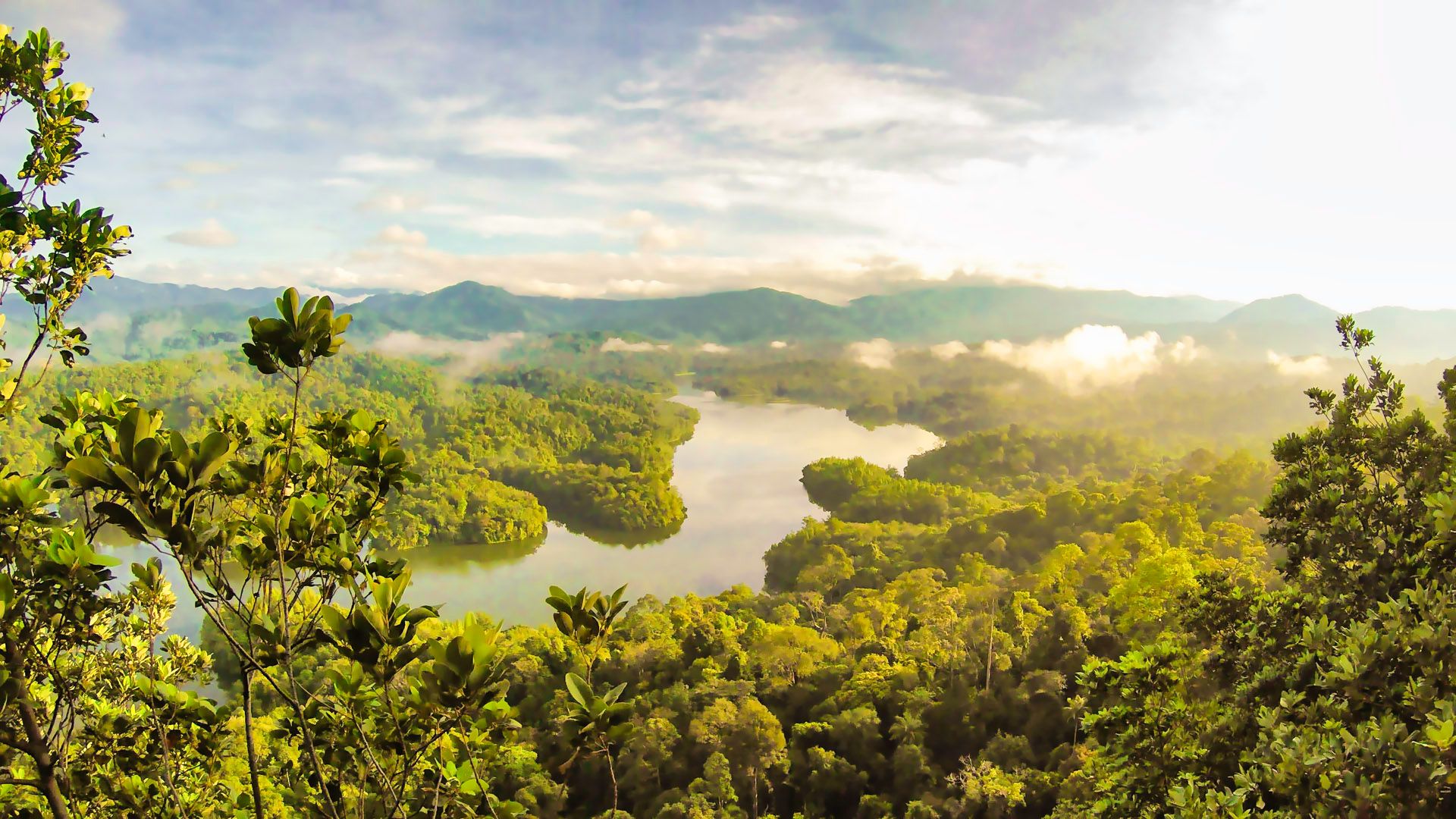“It depends on what you mean by paleo.”
That’s not me saying that, by the way. I asked the question, “How can chocolate be paleo?” to one of the founders of the company Hu Kitchen (recently purchased by global chocolate giant Mondelēz) at the Fancy Food Show in New York pre-pandemic.
“How can chocolate be paleo?” I asked. It “depends,” I was told, “on what you mean by paleo.” I was not happy with this response and I expressed my displeasure with its disingenuousness – right up (down?) there with “raw.”
Defining Paleo
It turns out there are many definitions for paleo that can be quickly found on the Internet and they don’t all agree with each other. So I chose one that was among the first to appear in my search on “definition of the paleo diet”.
“The paleo diet is a nutritional approach that focuses on eating only foods that are high in nutrients, unprocessed, and based on the foods that were available and eaten by humans in Paleolithic times.
The main idea behind the paleo diet is that if humans were not able to consume a food thousands of years ago – before industrial agriculture, the domestication of animals, and modern food processing existed – than [sic] humans should not consume these types of foods today, because the human body is not adapted to them.”
Source: PaleoDiet.Org.
Taking the Paleo Definition Claims One at Time
Unprocessed. I have no idea what chocolate Hu is using for their chocolate bars. But it’s fair to say that any chocolate produced at the kind of scale to meet Hu’s wide distribution is going to be a highly processed product even before it was owned by Mondelēz. But I feel confident that it is now processed on an industrial scale, all the way from the farm.
Strike 1! Called – right down the middle.
High in Nutrients. Chocolate can be high in nutrients. But how nutritious depends on a lot of factors, including the type of cocoa beans used; the health of the trees; post-harvest processing; roasting, grinding and refining; the type and amount of other ingredients, and more. And what aspect of nutrition are we focusing on here? Absolute micronutrient content? Absolute flavanol content? I take a relativistic approach to these questions – do the micronutrient/flavanol contents make sense in light of total fat and total sugar/carbs consumed?
Strike 2! Swung at and fouled out of play.
Based on foods available and eaten by humans in paleolithic times. The Paleolithic coincides almost exactly with the Pleistocene epoch of geologic time, which lasted from 2.6 million years ago to about 12,000 years ago.
Recent research suggests that T Cacao originated about 10 million years ago so it was around during the paleolithic era. However, there is absolutely no archaeological evidence whatsoever that even suggests that humans were consuming anything made from cacao seeds 12,000+ years ago. So, no, humans were not consuming cacao as a food during paleolithic time even though there is evidence to suggest that humans were on the S American content as long ago as 14,000 years.
The exact date of the first cane sugar production is unclear. The earliest evidence of sugar production comes from ancient Sanskrit and Pali texts. Sugarcane was first domesticated between 6000 and 8000 years ago. Most modern chocolate is sweetened with sugar derived from sugarcane, but there is no evidence that a sweetener extracted from sugarcane was available during paleolithic times. Or any modern alternative sugar derived from coconuts or other plants. There is both archaeological and written historical evidence that suggests that it was not until the Spanish transported chocolate back to Spain less than 500 years ago that chocolate was routinely sweetened.
Strike 3! A swing and a miss!
Conclusion: How Can Chocolate be Paleo?
I don’t see how it can reasonably be considered to be under this definition of paleo. So it really does depend on what you mean by paleo.
Related Post
Featured image credit: Original by Eutah Mizushima on Unsplash.
Let us know in the comments if you agree or disagree with my conclusion that chocolate is not and cannot be considered paleo? Do you care? Should I?
